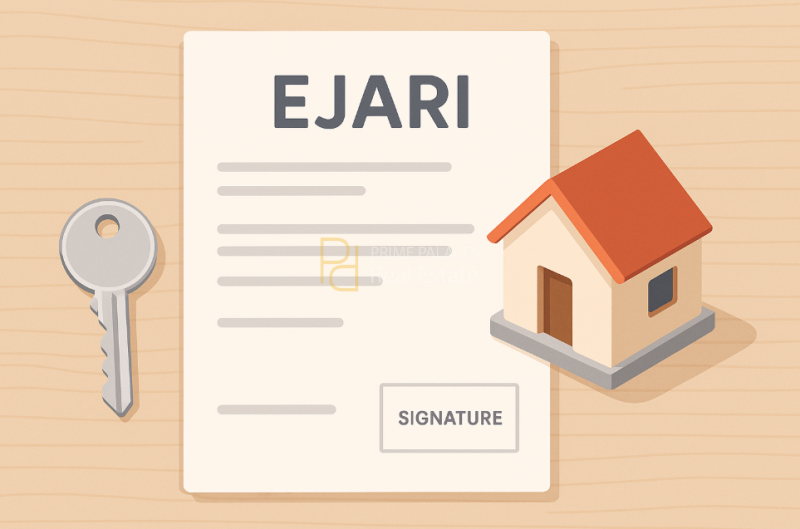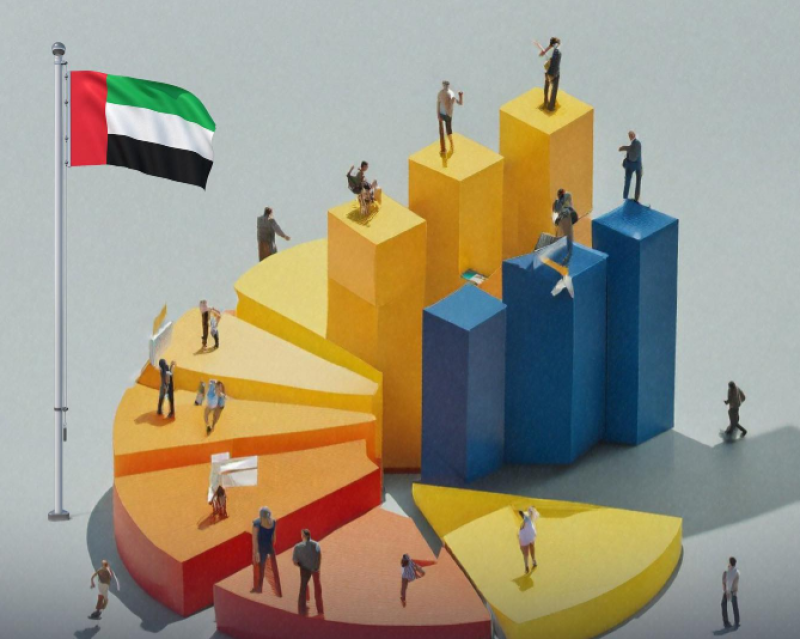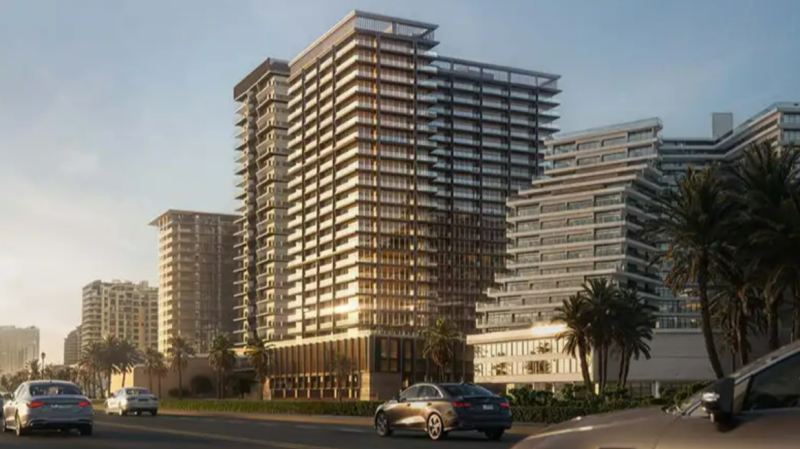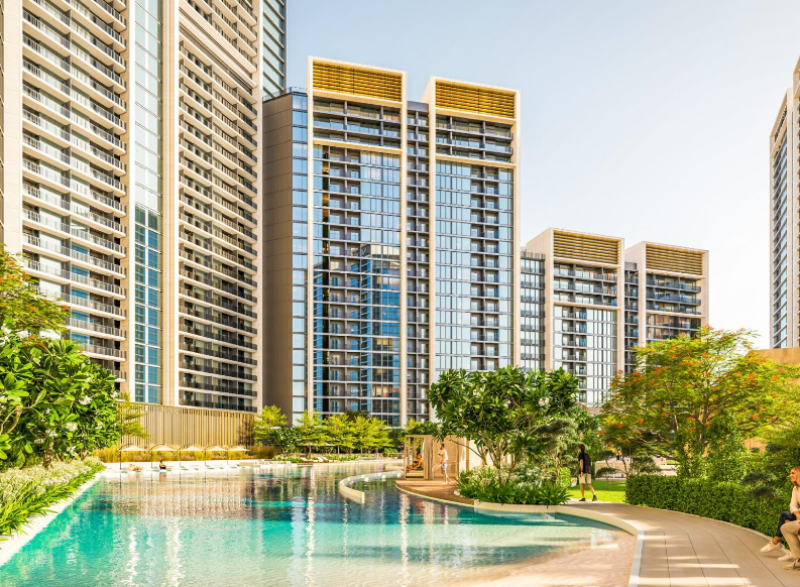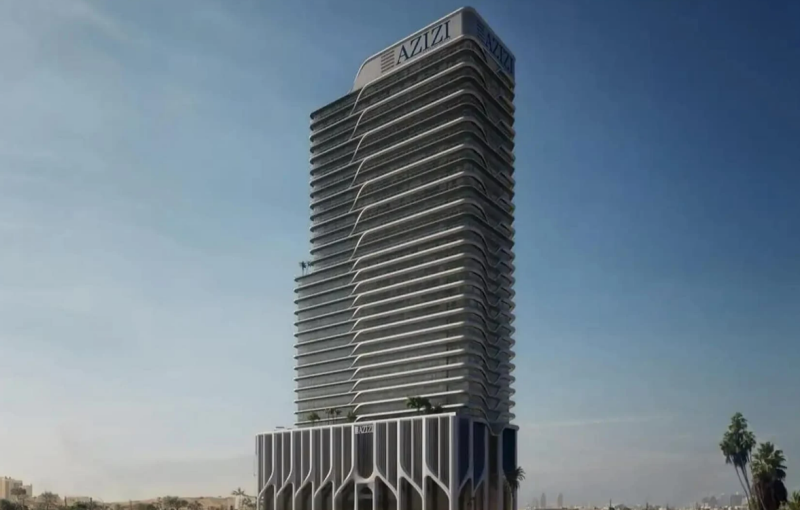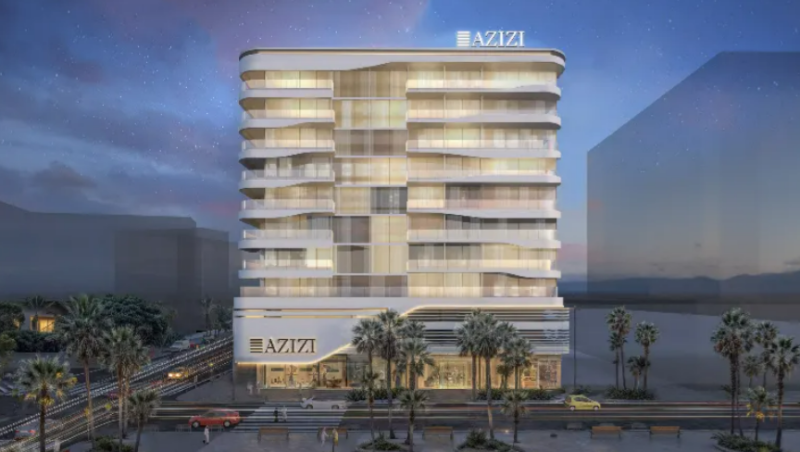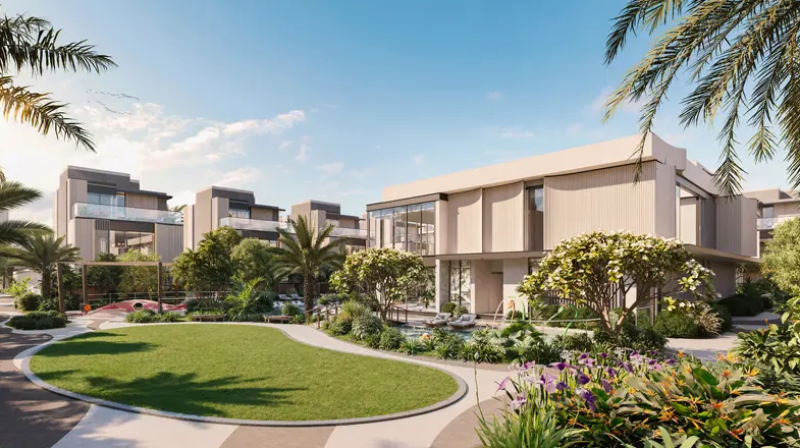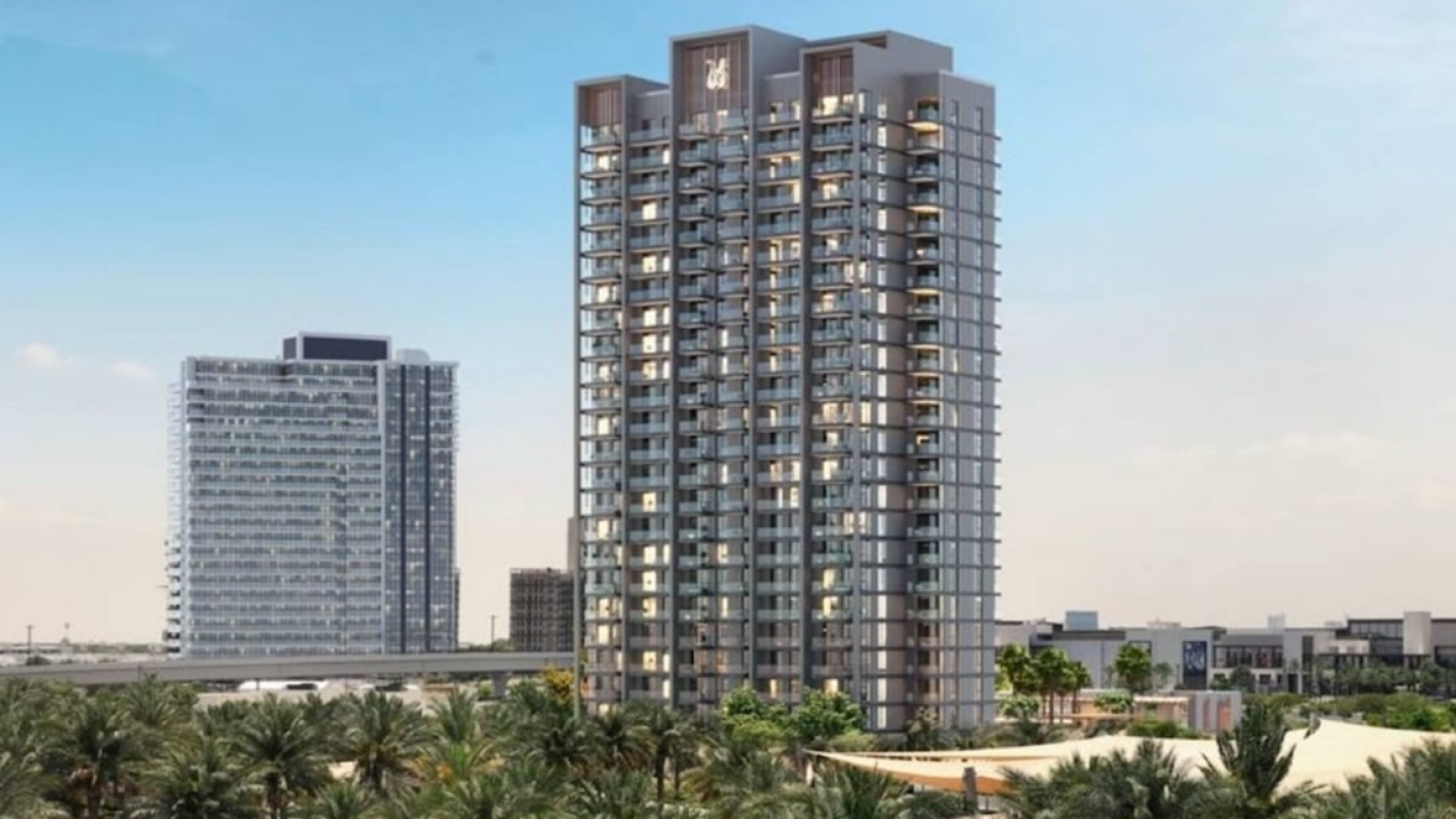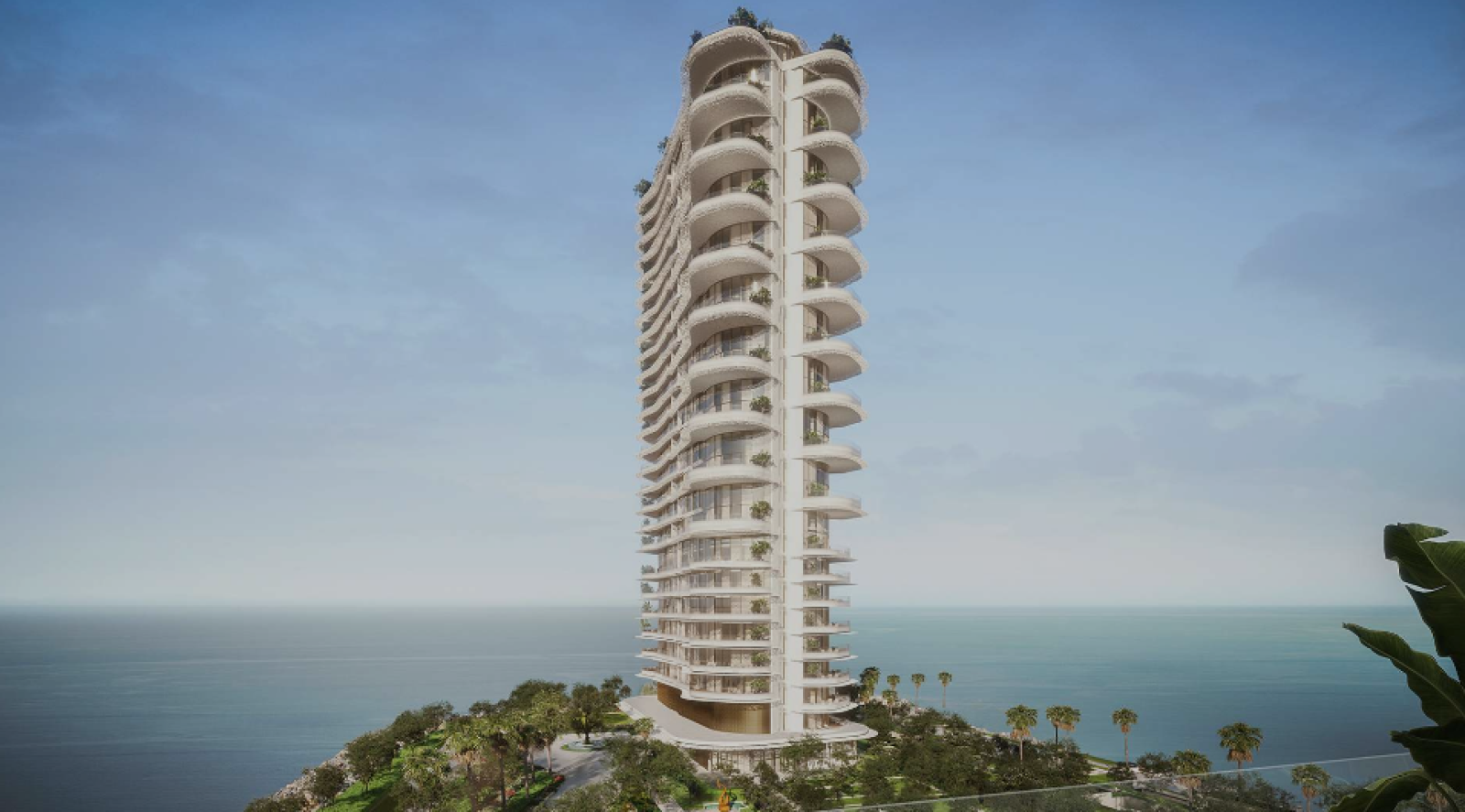What Is Ejari and Why Is It Important for Tenants in Dubai?
In Dubai’s highly regulated real estate environment, transparency and legal protection are key. That’s where Ejari comes in. Whether you’re new to the UAE or a long-term resident, understanding what Ejari is and why it’s important for tenants in Dubai is crucial before signing a rental contract.
Introduced by the Real Estate Regulatory Agency (RERA), Ejari ensures that all tenancy agreements are registered with the Dubai Land Department (DLD), creating a legally recognized relationship between tenant and landlord.
1. What Is Ejari?
Ejari, meaning “my rent” in Arabic, is an online system designed to officially register tenancy contracts in Dubai. Once registered, tenants receive an Ejari certificate—a mandatory document for various services including DEWA (Dubai Electricity and Water Authority), visa renewals, and legal dispute resolution.
Without a valid Ejari, a rental contract is not legally recognized, leaving tenants without protection under Dubai’s tenancy law.
2. Why Is Ejari Registration Important for Tenants?
For tenants, Ejari registration provides:
-
Legal Protection: In the event of a dispute with your landlord—over rent increases, eviction notices, or contract violations—you’ll need a valid Ejari certificate to file a case with the Rental Dispute Settlement Centre.
-
Service Activation: You cannot register for DEWA, internet, or telecommunications without an active Ejari.
-
Visa and Residency Procedures: Some visa applications and dependent sponsorships require proof of tenancy, which must be verified through Ejari.
Without Ejari, tenants risk losing access to essential services and legal recourse.
3. Who Is Responsible for Registering Ejari?
Although it’s typically the tenant’s responsibility to complete Ejari registration in Dubai, some landlords or agents may assist. The process can be completed through:
-
Typing centers approved by DLD
-
The Dubai REST app
-
Online portals for property management companies
Documents required include a signed tenancy contract, a copy of the landlord’s title deed, tenant’s Emirates ID, and passport copy (with visa).
4. When and How Often Should Ejari Be Renewed?
Ejari should be registered at the start of each tenancy period and renewed annually with the new contract. If you renew your lease or move to a new property, a fresh Ejari registration is required. Failure to renew may interrupt utility services and limit access to government-related procedures.
5. Common Ejari Issues Tenants Face
-
Unregistered Landlords: If your landlord isn’t listed with DLD, registering Ejari may be difficult.
-
Shared Accommodations: If your name isn’t on the lease, you cannot obtain an Ejari—even if you pay rent. This is common in shared housing or unauthorized sublets.
-
Refusal by Landlords: Some landlords delay Ejari registration to avoid rent regulation enforcement. Always insist on Ejari before paying rent.
6. Ejari and Rental Disputes
One of Ejari’s most important roles is enabling access to Dubai’s Rental Dispute Settlement Centre. If rent is raised unlawfully or you face eviction without cause, your case cannot proceed unless your contract is officially recorded in the Ejari system.
Conclusion
For tenants, Ejari in Dubai is far more than a bureaucratic step—it’s your official proof of tenancy and the foundation of all legal, financial, and residential rights. Without it, you lose protection, access, and services that are critical to living securely in the city.
If you’re moving into a new property, always ensure your tenancy contract is registered through Ejari in Dubai—it’s the smartest first step toward peace of mind and full compliance in the Dubai property market.

